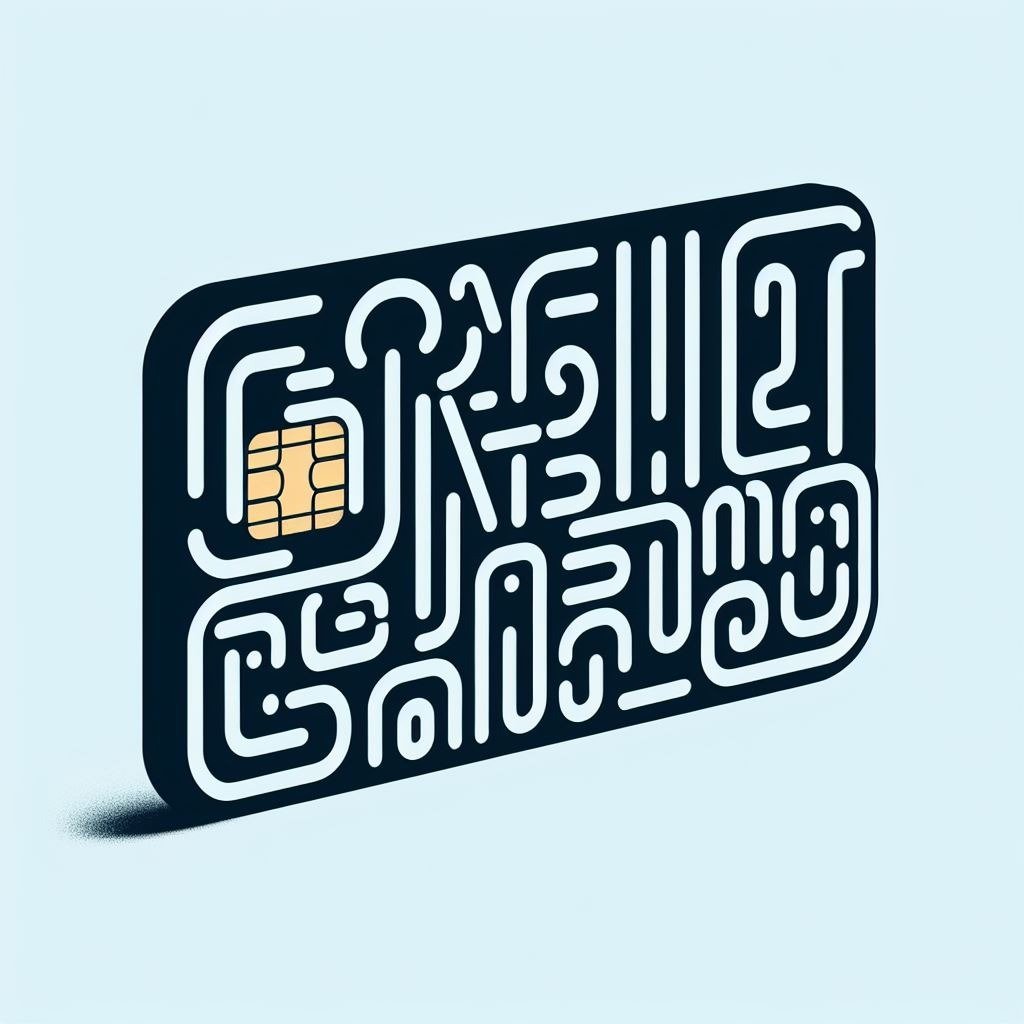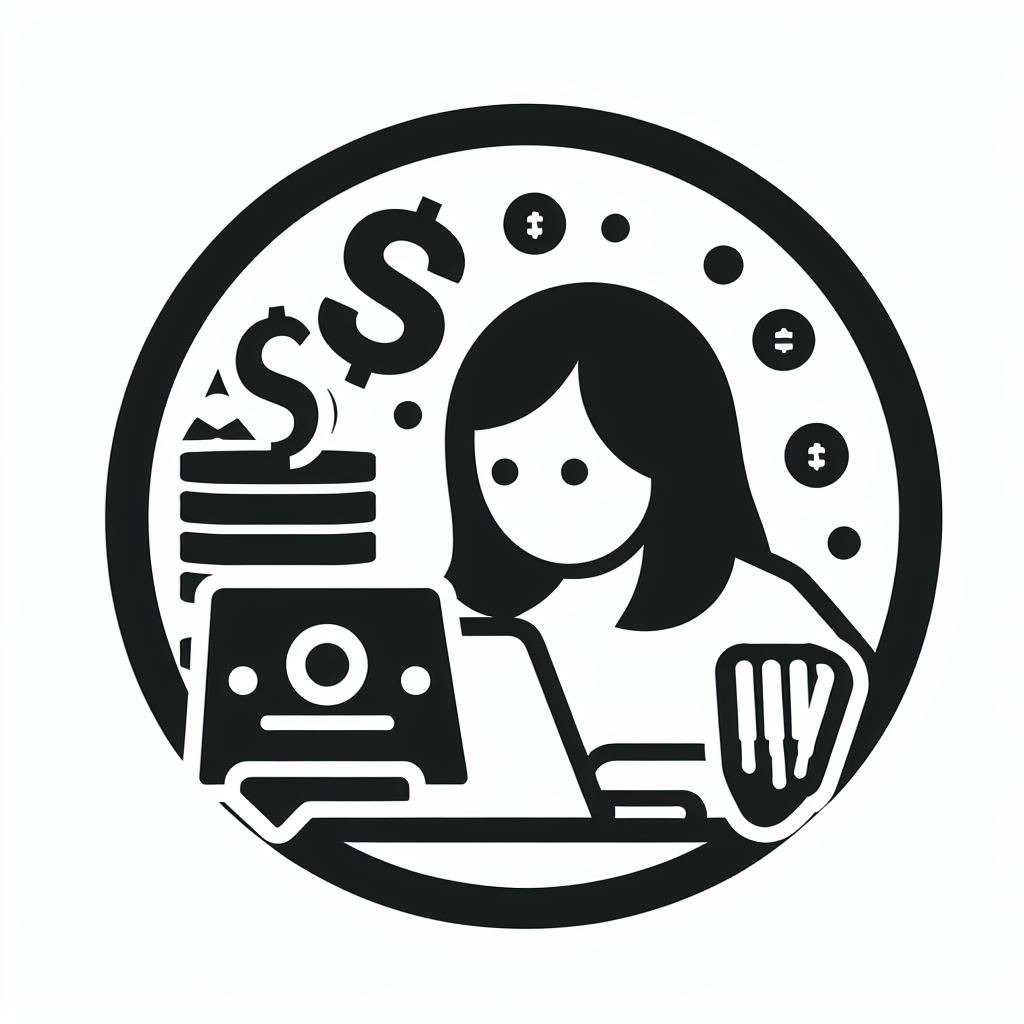You might think that you’re alone in your particular financial predicament, but you’re not. Perhaps you have only a few thousand dollars in savings, or maybe you’ve got a giant goose egg to fall back on, but wherever you are on the financial spectrum, you’re not the only one. In addition to being broke, are you falling behind on your mortgage payments? Or worse, falling behind on your rent, but dream of owning your own house? Remember this: many people have been where you are and have financially recovered.
You know you need to take small steps to get started on the road to financial stability, but those are the toughest ones to make, and here’s the first: pay in cash.
Open your wallet right now and take out all of your credit cards. You don’t really need to carry more than one, but we’ve all fallen into the habit of carrying plastic even though we know we shouldn’t really use it. The biggest excuse we use is this one: “I’ll keep one just for emergencies”. Unfortunately, the definition of “emergency” varies based on what you want to purchase. Change that right now! Leave your credit cards at home, and get used to carrying only the cash you need to get through the day. When you run out of cash, you’re done.

This may seem like an extreme approach, but if you’re in debt, you need to make changes. You can’t pay down your credit cards if you keep adding to the bottom line! When you take charge of your finances, it doesn’t only mean that you pay your bills on time. It means planning ahead so that you don’t find yourself in those situations that get categorized as “emergencies” but are really only cash shortages.
For example, instead of taking yourself out for a payday lunch, bring lunch from home. Put that money towards filling up your tank so you don’t later need to use your credit card to pay for gas. Plan your gift-giving in advance and you’ll be able to pay as you go instead of charging the cards up during the holiday season. Plan your vehicle maintenance (and actually follow through!) so you don’t find yourself paying for repairs – it’s cheaper to maintain your car than it is to fix it or replace it altogether.
If you must carry a card, write a big “3” on a post-it and put it on the card. This will remind you to practice the three-day rule: if you want to buy something, give yourself three days before you actually make the purchase, and during that time, consider whether the item is a “want” or a “need”. Do you need that new gadget or pair of shoes more than you need to improve your credit rating? After three days, if you decide that you still want to purchase the item, go ahead – but only if you can pay for it in cash.
And if you can’t pay in cash, you can’t afford it. By making short-term sacrifices and putting your credit cards away, you’ll improve your finances in the long run.


